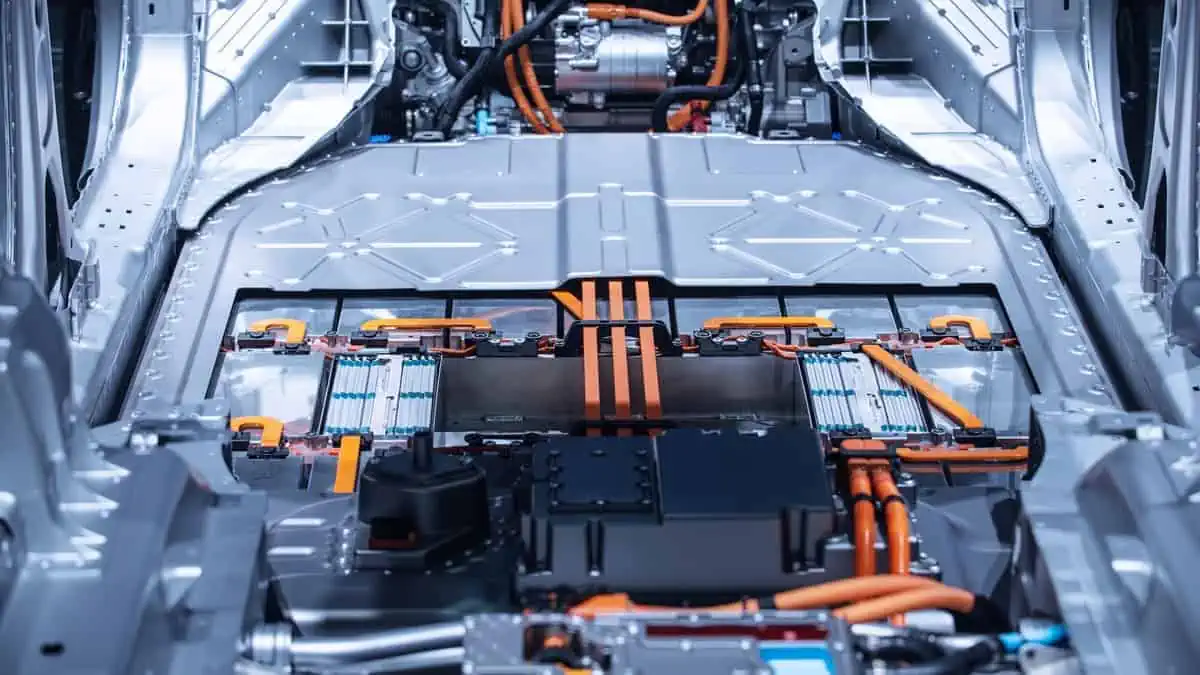Chinese battery giants CATL and BYD are on track to further intensify the electric vehicle race with a looming battery price war amid the price reductions of electric automakers across their lineup.
CATL to lower VDA spec LFP battery cells price to $56.47/kWh
CATL is currently resolving its battery production line resources to lower manufacturing costs, a crucial strategy to lower VDA spec lithium iron phosphate battery cell pricing to $56.47 per kWh (RMB 0.4 per Wh), CnEVPost reports.
In effect, the current price of a 60 kWh battery at $6,776.00 will decline to only $3,388 in a year, enabling electric automakers to save more than $3,000 per vehicle.
Indeed, this price does not yet reflect a 50% price cut. However, Leapmotor’s Vice President noted that CATL’s VDA battery cells it acquires could hit as low as RMB 320/kWh. Interestingly, it is nearly similar to Tony Seba’s forecast from 10 years ago.
Leapmotor assesses which battery makers have the lowest offer monthly to determine which one will secure its orders, enabling it to gain bargaining power over costs.
For context, VDA is basically a size specification for square cells with the following measures:
- Length: 148 mm
- Width: 26.5 mm
- Height: 91 mm
BYD’s FinDreams to join the battery price war
Leading electric automaker BYD, through its battery unit FinDreams, formally released an internal notice about its goals to lower battery costs.
Chinese industry source 36kr reported that the battery maker maximized its price-cut efforts last year through means like tender bidding. However, the scope of cost reduction in the company’s current procurement is still substantial, as per the internal notice.
This year, FinDreams aims to solidify its non-productive materials management further and reduce battery costs.
Potential impacts
All that said, battery prices continue to decline just as Tony Seba forecasted a decade ago. It is indeed a piece of good news for the electric vehicle industry, as batteries tend to account for at least 40% of the unit’s overall cost.
Making electric vehicles as affordable as traditional ICE-powered cars will significantly encourage more people to shift to more sustainable mobility, aiding the global effort to combat climate change.
CATL and BYD’s moves to cut battery prices will undoubtedly push smaller battery makers to follow, initiating a major battery price war in the world’s largest auto market. In effect, it can lower the price of electric vehicle batteries across the world, potentially making battery-powered EVs price-competitive against ICE vehicles.
It would be interesting to see electric vehicles overtake ICE cars’ market share in the global automotive industry in the near future.





